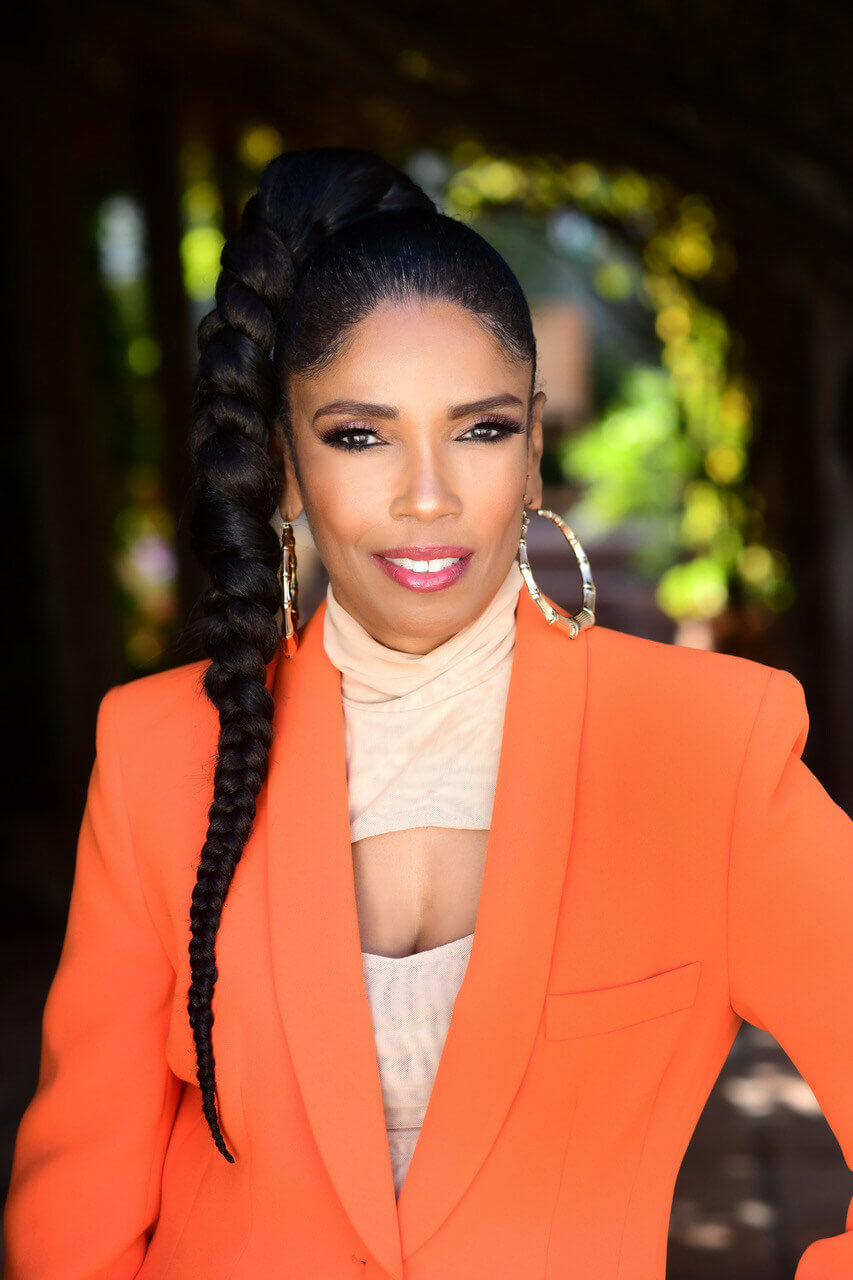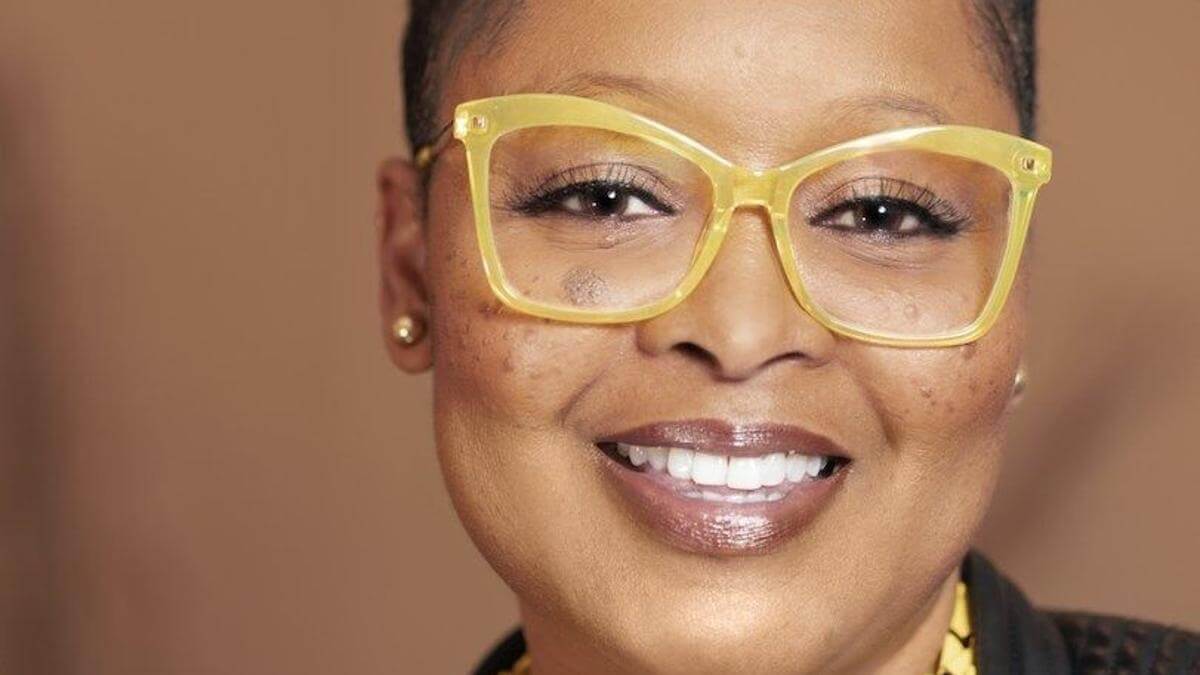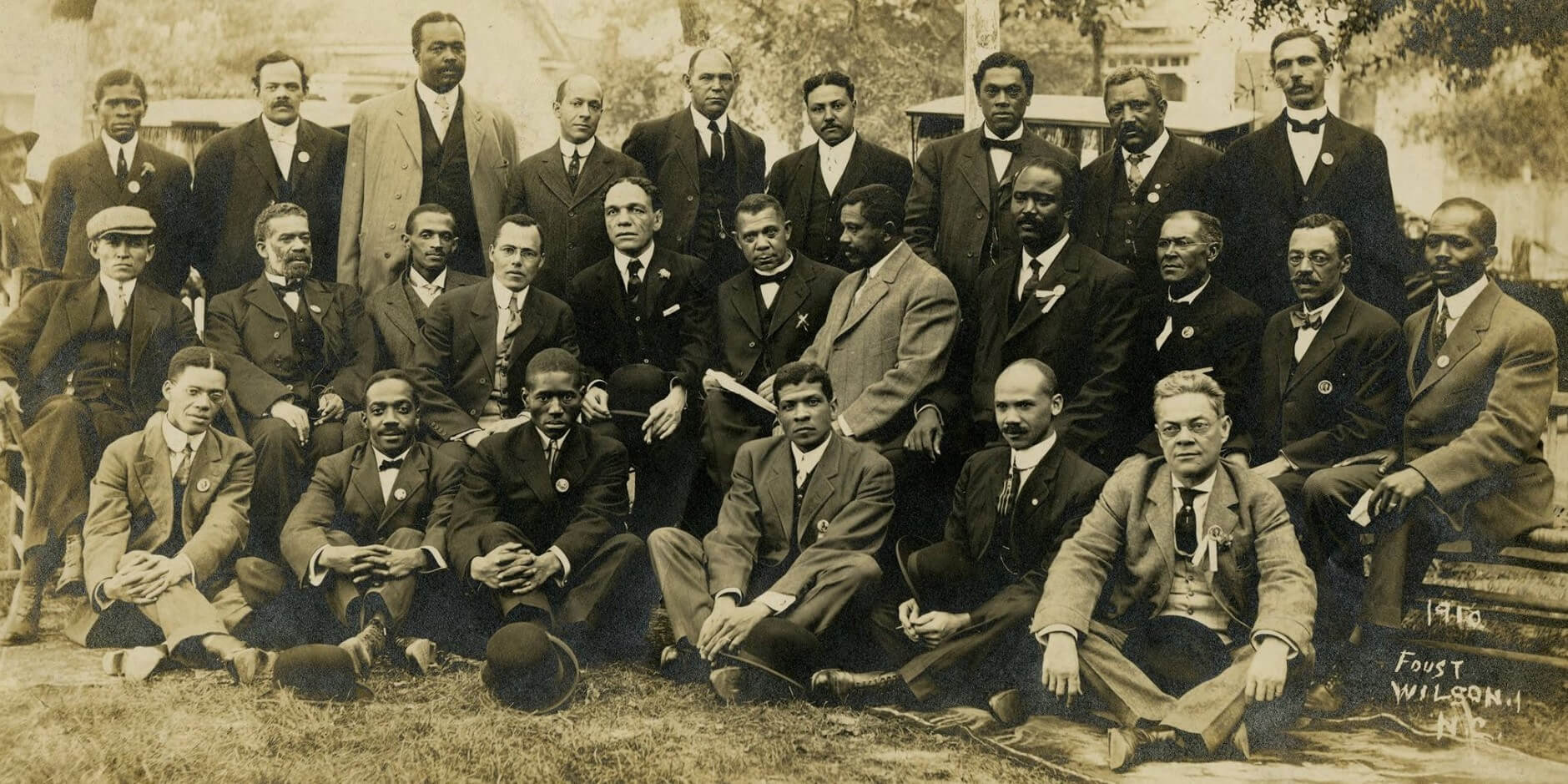“The Unspoken Curriculum”: Taraji P. Henson’s foundation confronts the devastating impact racism in the U.S. Education System has on Black students’ mental health
New campaign shows that everyone has a role to play in rewriting the lessons students learn about race in school
WASHINGTON, May 17, 2021 /PRNewswire/ — Today, the Boris Lawrence Henson Foundation (BLHF) – a nonprofit organization founded by award-winning actress Taraji P. Henson – launched a public awareness campaign to address the mental health impact the education system places on students, particularly Black students ages 12-22. The six-week campaign, titled “The Unspoken Curriculum,” kicks off during Mental Health Awareness Month with a video of a spoken word poem that highlights how the life lessons students learn about race in school are not always in the lesson plan, but they are lessons students carry with them into adulthood.
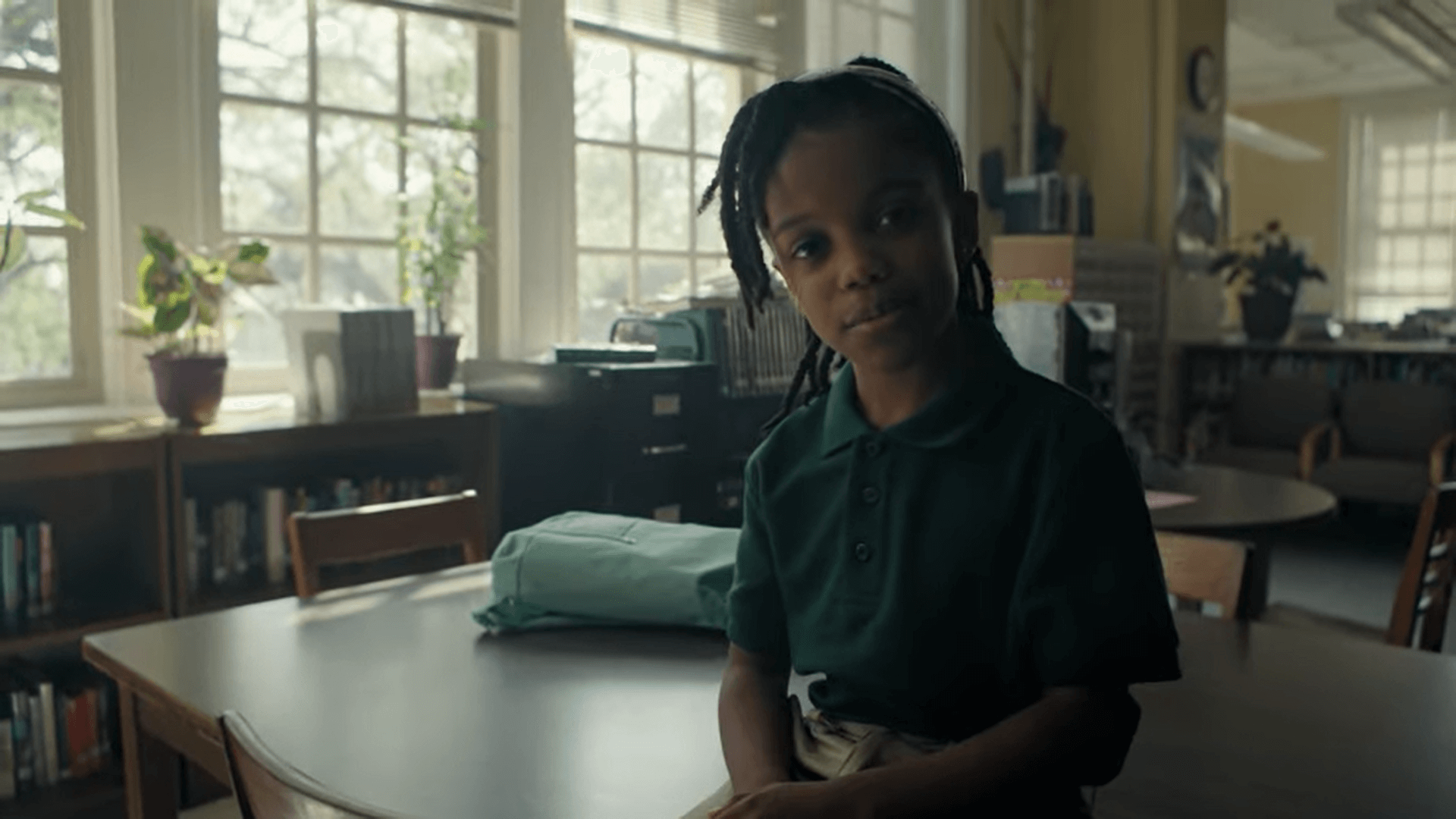
Developed in partnership with BLHF’s agency partner Edelman, the campaign rolls out as Black families continue to grapple with the disproportionate impact COVID-19 has had on their lives and livelihoods, grieve the deaths of countless Black people at the hands of the police, and contend with the anxiety of their children returning to in-person learning. The goal of “The Unspoken Curriculum” is to:
- Combat mental distress caused by implicit bias by helping Black youth as well as parents, teachers, and administrators recognize the signs of trauma and distress
- Inspire youth to feel confident and empowered to talk about their personal experiences in the classroom, protect their mental health, and seek support when they need it
- Advocate for meaningful change in the classroom by rethinking and reforming the lessons Black students learn in school
- Drive measurable action among youth as well as adults in the education system and beyond who play an integral role in shaping the experiences that set the tone for each young person’s future
Everyone has a stake in the mental health of Black youth, yet many people do not acknowledge the implicit bias in the education system that severely disadvantages Black students. According to the U.S. Department of Education’s Office of Civil Rights, Black students make up 16% of enrolled students, but account for 27% of students referred to law enforcement and 31% of student arrests. Forty-eight percent of Black students also receive one or more suspensions throughout the duration of their academic career.1 Through their personal experiences and interactions with teachers, administrators, other students, and the education system at large, Black students learn how they’re perceived, what’s expected of them, what resources they do and do not have access to, and the nuances of their level of respect and power in society.
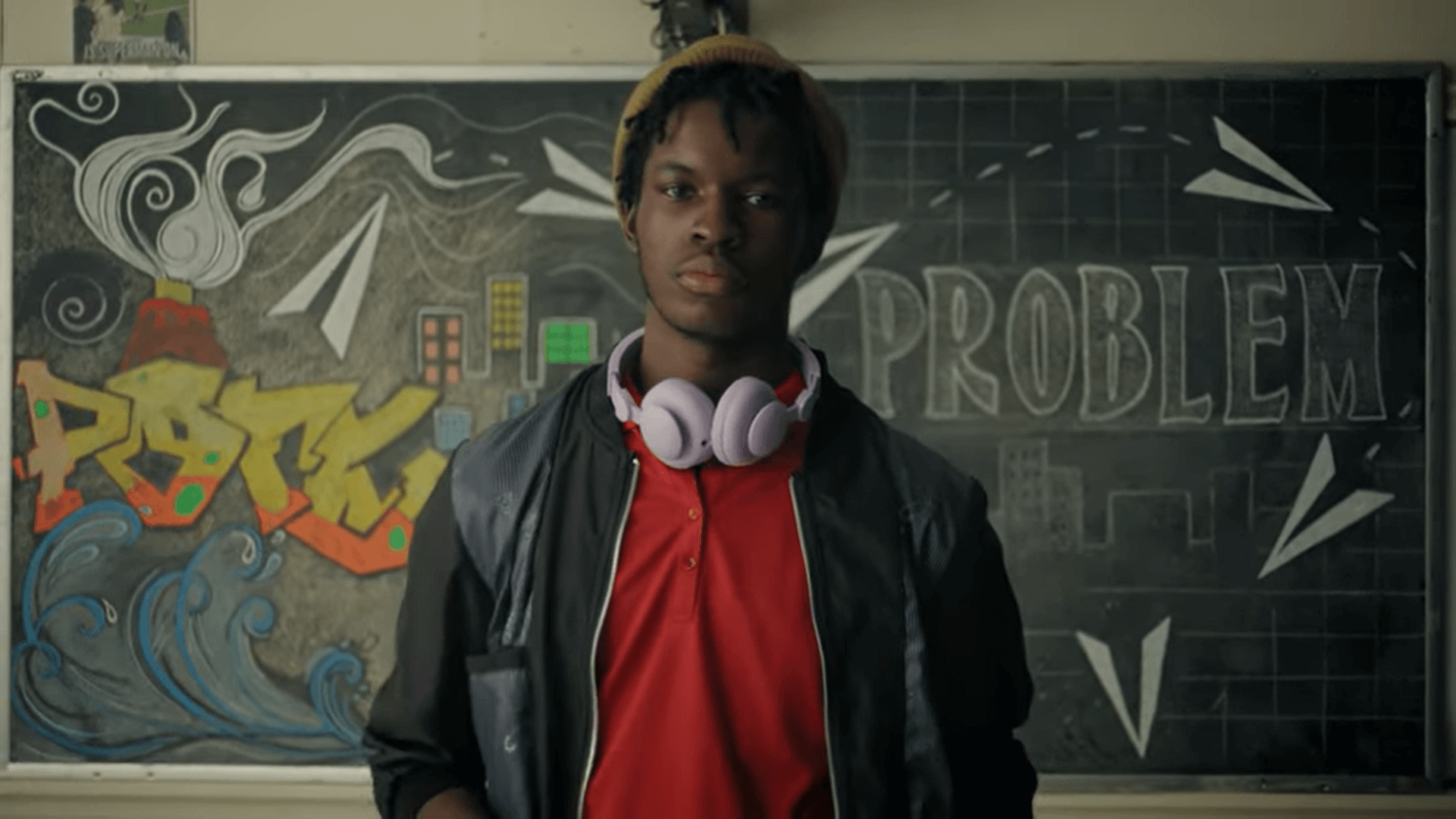
“What is taught in the classroom can be very different from what is learned, and that disparity has detrimental effects on the growth and mindset of Black students,” said Taraji P. Henson, founder of the Boris Lawrence Henson Foundation (BLHF). “With ‘The Unspoken Curriculum’ we aim to create space to talk about the Black student experience, break the stigma that comes with talking about these real issues, and improve access to solutions. This is an opportunity for all of us to rethink the lessons Black students are learning in our education system.”
To complement the awareness video, “The Unspoken Curriculum” campaign includes:
- A landing page with call-to-action resources, creative assets, After School Hangout sign ups, text-to-give messaging and more;
- Content from community leaders and influencers sharing their personal experiences with “The Unspoken Curriculum” in school and how those experiences affected their own mental health;
- Social media assets and promotion using school iconography like textbooks, posters, and test questions to invite people to look more deeply at “The Unspoken Curriculum”;
- A partnership with Snapchat to offer a customized “Unspoken Curriculum” filter to help youth, parents, educators, and others promote mental health discussions; and
- After School Hangout sessions, which are digital support rooms for students to “hang out” and socialize after school and for parents and teachers to advocate for mental health support for their youth. There will be three (3) for students and one (1) for parents – all of which will be facilitated by licensed therapist(s) to create a safe space to talk openly about mental health and personal experiences in school.
BLHF is also working on tools and courses on “The Unspoken Curriculum” for students, parents, teachers, administrators, and the general public.
“Whether they realize it or not, Black youth are impacted by implicit bias and systemic racism daily. From the depictions they are exposed to on television and social media to the experiences they have throughout the course of their matriculation, these encounters have a detrimental impact on their overall mental health,” said Spirit, PhD, and Clinical Director of the group practice T2S Enterprises, LLC. “‘The Unspoken Curriculum’ is a bold step in sparking discussions among Black students, families and the broader community to dispel the stigma and empower youth and young adults to openly share how they are feeling.”
BLHF is addressing mental health risks and their impact on Black students, and all students, by speaking about “The Unspoken Curriculum” out loud. People interested in learning more about the Foundation and its programs, and those who want to make a donation, can text NOSTIGMA to 707070 and visit borislhensonfoundation.org/unspoken.


